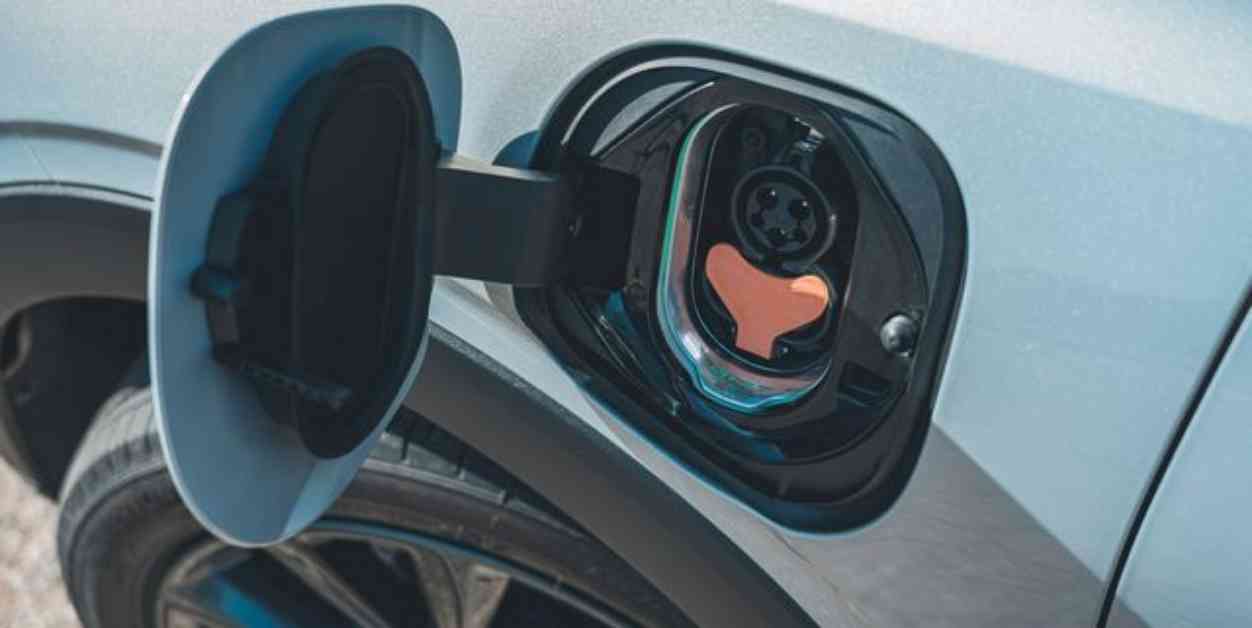The Nissan Leaf was the first mass-market electric car that many people could afford in the United States. Before the Leaf, there were other electric vehicles like the General Motors’ EV1 and Tesla’s Roadster, but Nissan really tried to make electric cars accessible to a wider audience by offering them at a lower price. Since the Leaf was introduced in 2011, the number of electric cars available in the U.S. has grown significantly. Today, electric cars can travel much longer distances on a single charge compared to the early models, and some of them are priced similarly to gas-powered cars. If you’ve ever wondered about the cost of an electric car, looking at the evolution of the Nissan Leaf’s price over the years can give you a good idea.
Initially, the Nissan Leaf was priced at $33,600. Even though this was considered a high price, the running costs of the Leaf were much lower compared to a similar gas-powered car. Nissan advertised that it cost $3.00 or less to recharge the Leaf’s battery pack, making it more affordable to keep it running than a gas-powered car with a fuel economy of 25 mpg. With a $7,000 federal tax credit available at that time, the cost of the Leaf was still higher than that of a Nissan Sentra, a gas-powered car of similar size. However, fast forward to today, the price difference between the 2024 Nissan Sentra and the 2024 Nissan Leaf is much smaller, especially when factoring in the tax credit.
In terms of running costs, electric cars are generally cheaper to fuel than gas-powered cars. The average cost of a kilowatt-hour of electricity in the U.S. was just over $0.12 in 2022, making it much more affordable to charge an electric car compared to filling up a gas tank. Even though some electric vehicles may require higher charging costs from public fast chargers, the overall savings in fuel costs for EV owners can be significant, especially if they charge their vehicles at home.
When it comes to replacing the battery pack of an electric car, it can be expensive, but most automakers offer warranties that cover the battery for at least eight years or 100,000 miles. Some states like California even require longer coverage. While replacing a battery pack is a costly endeavor, it is comparable to replacing the engine of a gas-powered car.
In conclusion, the cost of owning an electric car has become more competitive over the years, with lower prices, reduced fueling costs, and longer battery warranties making them a viable option for many consumers. As the shift towards electric vehicles continues, understanding the total cost of ownership, including purchase price, fuel costs, and maintenance, is important for anyone considering buying an electric car.









